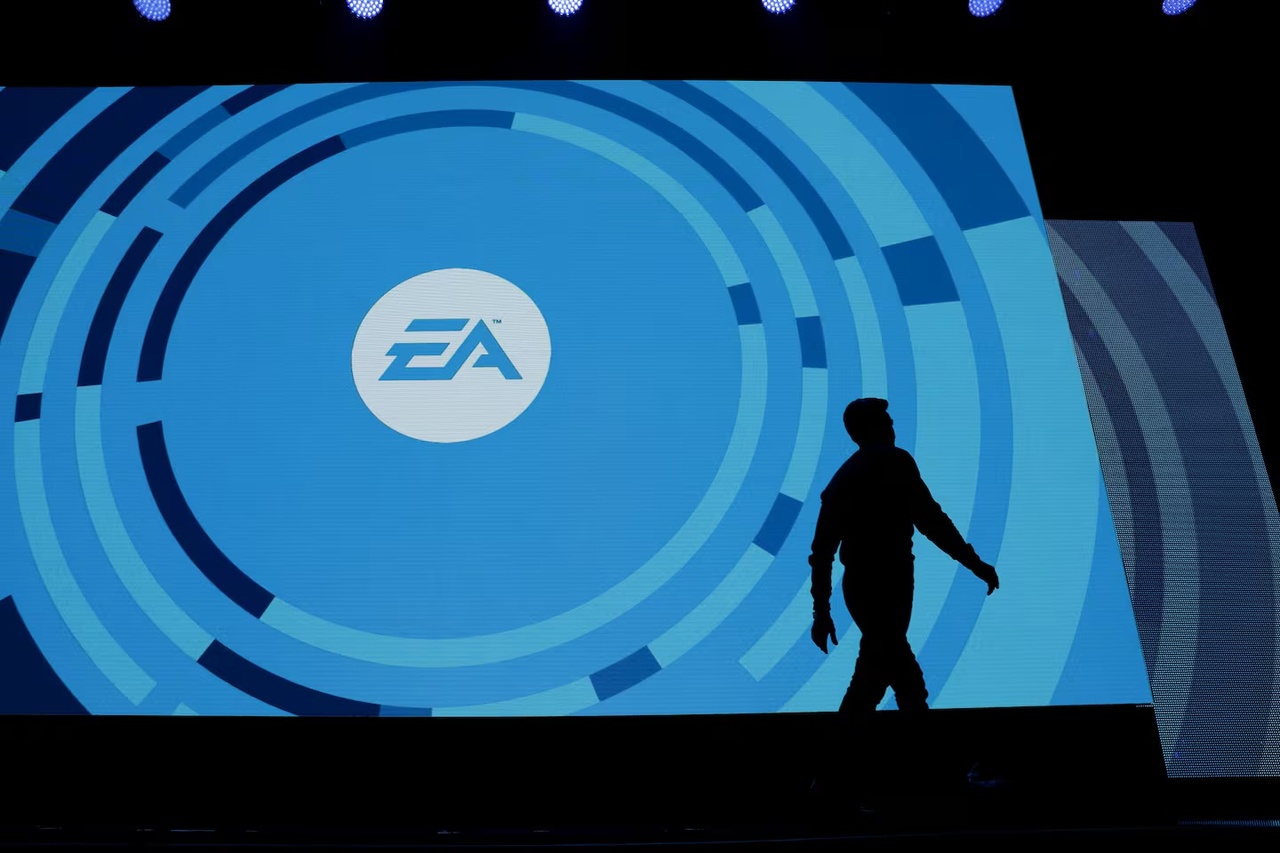Press X to Cash Out
Electronic Arts just rage-quit the stock market. The $55 billion buyout by a consortium led by Silver Lake and Saudi Arabia’s Public Investment Fund puts an end to EA’s run as a public company and calms developers who were worried about what they were going to say at the next earnings call about programming progress or innovation in FIFA. Shareholders are getting $210 per share in cash, about a 25% premium to Friday’s close, according to the WSJ. Nice payout. But it’s also a curious move: EA is cashing in while its stock was finally gaining altitude again, mostly thanks to one thing — hype around Battlefield 6. We all know that FIFA is not going to change and people are still willing to pay the $100 a year for updated player ratings and incremental graphical changes. Some, apparently, even celebrated the integration of women’s football as a win.
And there’s the catch. Gaming stocks live and die by the hit cycle. With a blockbuster, your stock goes through the roof, but with a flop, you’re scraping it off the floor. EA knows this game all too well: the last two Battlefield titles misfired so badly they made critics and gamers alike wonder if the franchise had lost its soul. Now Battlefield 6 has Wall Street buzzing, with analysts at Jefferies and Citi predicting it’ll surpass expectations. But timing is everything. GTA VI is coming next May, and let’s be real — it will be the entertainment equivalent of a gigantic vacuum cleaner, sucking up player engagement, attention, and wallets. Rockstar’s highly anticipated game is arguably the grandest release since its predecessor GTA V. Even if Battlefield 6 lands well, EA could see its moment of glory vanish the second Rockstar’s new chaos simulator drops.
That’s the structural problem of being a public gaming company. You’re hostage to release calendars, critic reviews, and the fickle attention spans of millions of gamers. Even the strongest franchises wobble: just earlier this year, FIFA, or whatever they call it now, posted a dip in engagement, and the stock suffered its worst single-day drop in 17 years. That’s not “oops, missed a quarter.” That’s “oops, your entire business model is vulnerable because Ronaldo’s sweat didn’t look real enough on the digital pitch.”
The irony? EA has exactly what Wall Street usually loves: scale, sticky franchises, and a proven microtransaction machine that spits out recurring revenue like a slot machine. But the games business has transitioned into fewer, bigger bets that need to hit and sustain. The industry’s stocks don’t rise continually, gradually over time; they either jump or fall by 50% on quarterly earnings and game releases. Besides, you can’t just launch and move on. You need engagement loops, battle passes, advertising, and DLC to milk the cow long after launch day. Investors love that when it works, but as soon as the model shows some cracks the stock is doomed – at least until the next announcement.
So EA took the sure thing. $55 billion locked in now is better than gambling on whether Battlefield 6 can stand tall once Rockstar’s wrecking ball arrives. Activision Blizzard sold itself to Microsoft under duress and drama. EA is selling itself while on an upswing — essentially cashing out at the peak rather than waiting for the demise.
Wall Street will whine about the price (some thought EA could achieve an even higher valuation), but the logic is simple: gaming is a hit-driven business with the variance of a slot machine. If you’re management, why keep rolling the dice in the casino when someone offers you to roll until you win in their private desert complex with very little outside pressure?
Is this a testament to what the market has become: a short-sighted betting machine, more focused on cheap headlines rather than underlying structure? Or was the offer just too good to pass on?
One thing is clear: This is “game over” for EA’s stock market story.




